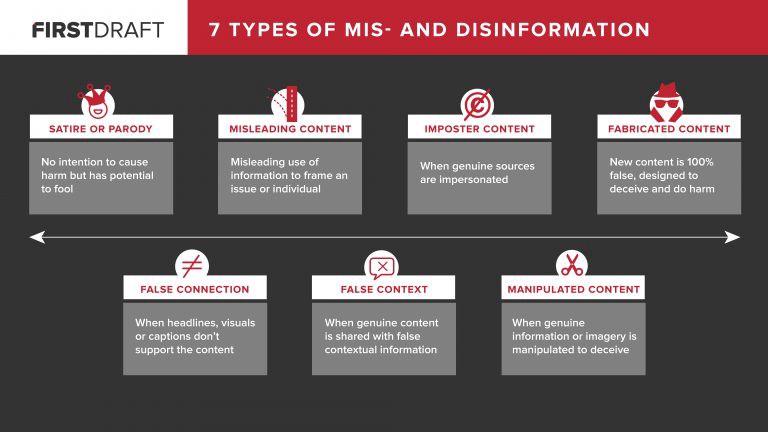
Claire Wardle of First Draft
If digital platforms are the “new battleground” for democracy, as the new 2019 “Freedom on the Net” report from Freedom House suggests, the experience of Pakistan demonstrates the challenges of countering disinformation.
Human rights and freedom of expression advocate Talal Raza details how disinformation circulates in Pakistan and the distinctive difficulties of combating it in “Mapping Digital Disinformation around Elections: A Case Study of Pakistan’s 2018 General Elections.” the latest report from the NED’s Center for International Media Assistance.
 The 2018 general election represented one of the first times digital disinformation occurred on a massive scale in Pakistan. The report examines different forms of disinformation that circulated online and their impact on political discourse. Ultimately, combating this growing problem will require a variety of stakeholders to work toward a multi-pronged, collaborative response, says Raza, a 2018 Open Internet for Democracy leader who helped develop the Open Internet for Democracy Advocacy Playbook.
The 2018 general election represented one of the first times digital disinformation occurred on a massive scale in Pakistan. The report examines different forms of disinformation that circulated online and their impact on political discourse. Ultimately, combating this growing problem will require a variety of stakeholders to work toward a multi-pronged, collaborative response, says Raza, a 2018 Open Internet for Democracy leader who helped develop the Open Internet for Democracy Advocacy Playbook.
Key findings
● Around 65 percent of Pakistanis aged 16-34 consume news through the internet.
● The rapid spread of disinformation online enables an arsenal of falsities, then used by individuals or groups to target a political candidate
● Setting the record straight once disinformation begins circulating online is incredibly hard to do.
This report draws heavily on the analytical framework on disinformation developed by Claire Wardle of First Draft, a nonprofit tracking disinformation globally (above).







